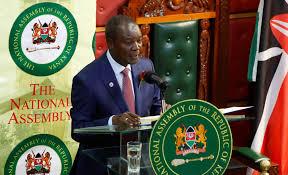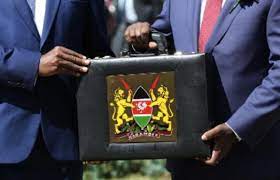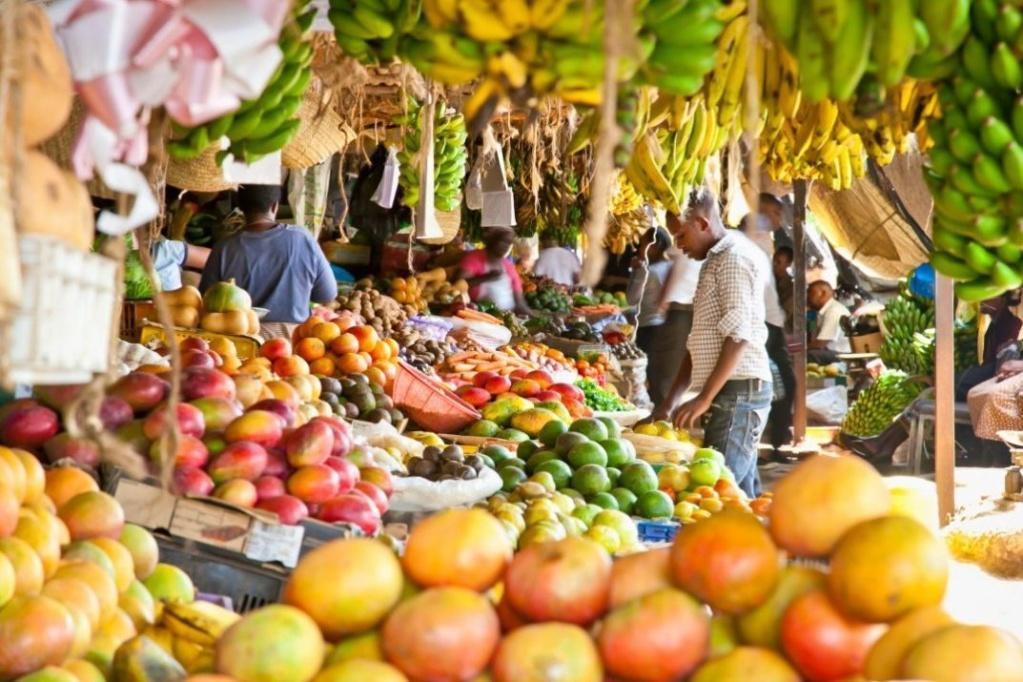
Last Updated on by Sabina
Kenya, renowned for its breathtaking landscapes, vibrant culture, and economic promise, finds itself in the global spotlight, particularly regarding Kenya’s 2023 Debt Situation. This focus highlights the nation’s current public debt challenges amid its notable attributes. In this article, we will provide an in-depth analysis of Kenya’s debt status, examining its relationship with China, the implications for the 2023-2024 national budget, and the pivotal roles played by President William Ruto and Cabinet Secretary for Finance, Professor Ndung’u. Understanding Kenya’s 2023 debt situation is not only vital for its citizens but also for the global community invested in Africa’s economic progress.
Kenya’s 2023 Debt Situation in 2023
Understanding the Burden and the China Connection
The Kenya 2023 debt landscape has triggered a worldwide debate and concerns. A substantial portion of this debt is owed to China, intensifying discussions about the terms and conditions of these loans and their far-reaching implications for Kenya’s economic sovereignty. This issue has also raised questions about the role of foreign investments in shaping Kenya’s long-term economic strategy.
Kenya’s debt situation in 2023 is a subject of global concern and debate. The country has amassed a substantial debt, with a significant portion of it owed to China. The Kenya-China debt relationship has sparked discussions about the terms and conditions of these loans and their profound impact on the nation’s economic sovereignty. This issue has also raised questions about the role of foreign investments and their influence on Kenya’s long-term economic strategy.

The debt situation in Kenya has evolved over the years, driven by the need to fund critical infrastructure projects and address economic challenges. However, the rapid accumulation of debt has led to concerns about its sustainability and the capacity to service it without compromising other essential sectors.
Implications for the 2023-2024 National Budget
Striking a Balance: Debt Servicing and Development Priorities
The 2023-2024 national budget in Kenya is closely intertwined with the country’s debt situation. The burden of servicing this debt can significantly limit the resources available for vital public services and crucial development projects. As President William Ruto and Cabinet Secretary for Finance, Professor Ndung’u, grapple with the budgetary challenges, they must find a sustainable equilibrium between servicing debt and addressing the pressing needs of the nation.
The decisions made in this context will shape Kenya’s economic future. Balancing debt servicing with investments in education, healthcare, and infrastructure is essential for sustainable development and ensuring that the benefits of economic growth reach all Kenyan citizens.
China’s Role in Kenya’s Debt
Exploring the Dynamics of Bilateral Relations
China has emerged as a key player in Kenya’s debt landscape. Chinese loans and investments have financed numerous infrastructure projects in Kenya, including the Standard Gauge Railway (SGR) and the Lamu Port-South Sudan-Ethiopia Transport (LAPSSET) corridor. While these projects have the potential to boost Kenya’s economic growth and connectivity, they have also raised concerns about debt dependency and the terms of these loans.

Kenya’s relationship with China is complex. While Chinese investments have provided much-needed capital for development, questions have arisen about the transparency of loan agreements, the terms and conditions, and the environmental and social impacts of these projects. Managing this relationship effectively is critical for Kenya’s economic future.
Conclusion
Charting Kenya’s Economic Future Amid Debt Challenges
In conclusion, Kenya’s 2023 debt situation is a multifaceted issue with profound implications. As Kenya grapples with its mounting debt, it faces the delicate task of balancing economic growth with fiscal responsibility. The role of China in this equation, the allocation of resources within the national budget, and the decisions made by influential figures like President William Ruto and Cabinet Secretary for Finance, Professor Ndung’u, will ultimately define Kenya’s economic path.
Staying informed about these critical developments is not only vital for Kenyan citizens but also for the global community vested in the nation’s stability and prosperity. Kenya’s journey towards sustainable economic growth will depend on its ability to manage its debt, allocate resources wisely, and maintain healthy international partnerships.
As the world watches Kenya’s economic trajectory, the lessons learned from this debt challenge will serve as valuable insights for other nations facing similar dilemmas. Kenya’s story is not just about its own future; it’s a chapter in the ongoing global dialogue about responsible fiscal management, debt sustainability, and economic development.



Leave a Reply